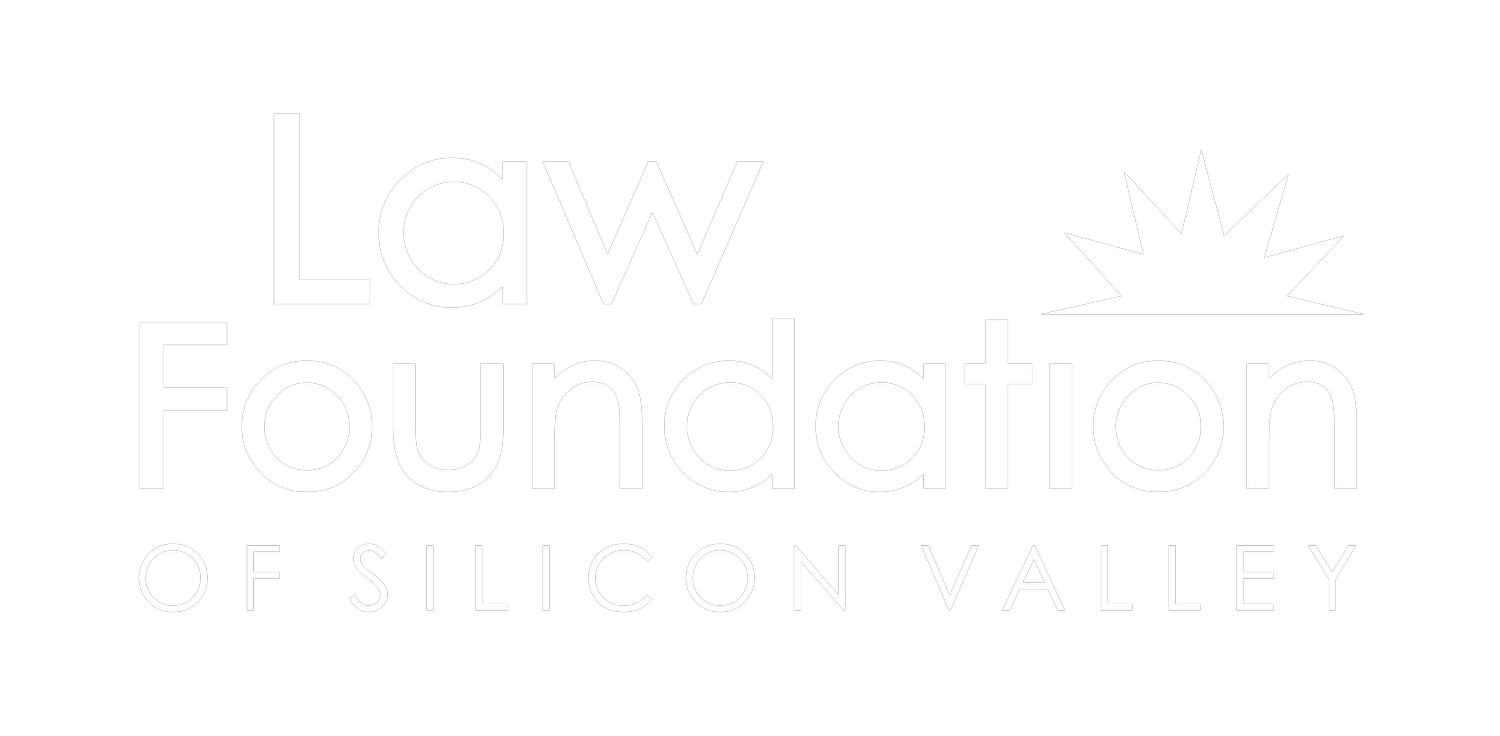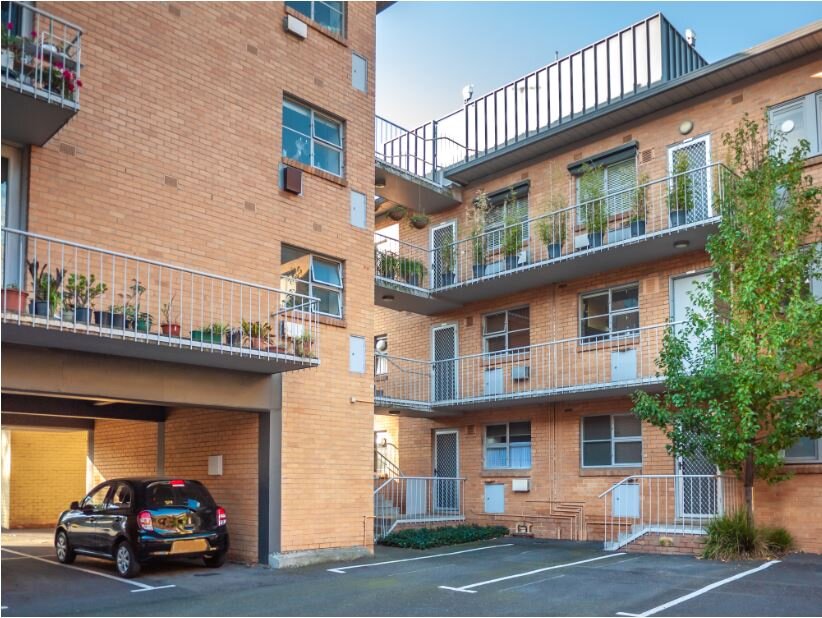April 13, 2020
The Honorable Gavin Newsom
Governor, State of California
State Capitol, Suite 1173
Sacramento, CA 95814
The Honorable Tony Thurmond
California State Superintendent of Public Instruction
California Department of Education
1430 N Street
Sacramento, CA 95814
Dr. Linda Darling-Hammond
State Board President
State Board of Education
1430 N Street, Room 5111
Sacramento, CA 95814
Re: Request for a Moratorium on Expulsions from K-12 schools during COVID-19 crisis
Dear Governor Newsom, State Superintendent Thurmond and State Board President Dr. Darling-Hammond:
Thank you for your leadership in the midst of the COVID-19 crisis within our state and nation. We are a coalition of organizers, advocates, and attorneys who partner with and represent California students who have experienced exclusionary discipline, such as suspension and expulsion.
We are writing to ask you to take decisive action to ensure that California’s most vulnerable youth are not pushed out of California schools via expulsion during this crisis by issuing an executive order that places a moratorium on K-12 expulsions. We respectfully request that you issue an order protecting students from expulsion during this crisis and ensuring that school campus closures do not prevent currently expelled students who are completing their term of expulsion from returning to their home schools when campuses reopen.
Exclusionary discipline practices, such as expulsion, disproportionately impact California’s most vulnerable students, such as students of color, students with disabilities, English Language Learners and foster youth (1). For example, African-American students make up 5.5 percent of California’s students but nearly 13 percent of students expelled from California schools (2). The rate of expulsion for American Indian or Alaska Native students in California is over 3.5 times the rate of expulsion for White students (3). As leaders concerned with the success of all students, you have recognized the urgent reforms needed to combat school pushout. It is in that spirit that we are seeking your partnership to advance the following recommendations for students in deep need throughout the state.
RECOMMENDATION #1: DIRECT ALL SCHOOL DISTRICTS TO CEASE EXPULSIONS
California school districts have taken widely varied approaches to expulsions during the COVID-19 pandemic. Some school districts are postponing expulsion hearings until schools reopen. Other districts are proceeding with expulsion hearings in the midst of the pandemic via telephone or video conference. Expulsion hearings conducted by telephone or video conference in the midst of this public health crisis will undoubtedly be inequitable and further exacerbate disparities in school discipline. A student expelled when physical campuses across the state are closed may face insurmountable barriers to connecting with an appropriate alternative educational placement and thereby be deprived of their fundamental right to an education. Students who were supposed to complete a term of expulsion during the current campus closures face uncertainty about whether they will be permitted to return to their campus when it reopens or whether they will serve an even longer expulsion term due to this crisis. To ensure a consistent statewide approach that protects the most vulnerable students from being severely impacted by expulsions during this crisis, we are calling for schools to cease all expulsions during this emergency period.
RECOMMENDATION #2: ISSUE AN EXECUTIVE ORDER DIRECTING ALL SCHOOL DISTRICTS TO WITHDRAW ANY PENDING EXPULSION RECOMMENDATIONS
The California Education Code sets forth numerous specific timelines and basic hearing requirements related to expulsions designed to protect the constitutional and due process rights of students and their families. Unless action is taken now, several educational state agencies will likely receive mass filings from students and their families related to expulsions happening in the midst of the COVID-19 pandemic. Specifically, County Offices of Education will likely experience an increase in expulsion appeals and the Special Education Division of the Office of Administrative Hearings can expect a rise in due process complaints.
While some expulsion recommendations are being withdrawn during this challenging time, some school districts are postponing expulsion hearings until schools reopen or proceeding with hearings in the midst of the pandemic via telephone or video conference. Hearings by telephone or video conference present serious due process concerns. Further, advocates have already identified failures to comply with the normal statutory timelines for expulsions, which protect the rights of students and families to expeditious resolution of these matters. In addition to presenting due process and other legal concerns, school districts exacerbate the fear and anxiety related to the educational futures of California’s most vulnerable students by postponing expulsion hearings until schools physically re-open. Additionally, due to the practical realities facing school districts at this moment and varied interpretations of the law as it applies during a pandemic, some students whose districts are proceeding with hearings during this time may be deprived of access to vital educational records or assessments that form the basis of their defense. Finally, students who are expelled or facing expulsion during this crisis must attend some alternative educational placement. During the COVID-19 crisis these students face numerous practical barriers to connecting to a suitable alternative educational placement. These practical barriers will likely render many students unable to connect with an alternative educational placement at all and without access to an education for months. In light of these concerns, school districts should be prohibited from expelling any student recommended for expulsion in the past three months, from expelling any student recommended for expulsion for actions that occur while school campuses are physically closed and retroactive protection should apply for students who faced exclusion after California districts closed mid-March 2020.
RECOMMENDATION #3: ALLOW STUDENTS TO RETURN TO THEIR HOME DISTRICTS IF THE TERM OF THEIR EXPULSION ENDS DURING THE SCHOOL CLOSURES
Students are expelled from their districts, for a specified term, often one or two semesters. During that time, while attending a small number of community schools, students must complete “rehabilitation plans,” necessitating that they demonstrate near perfect school attendance, strong grades, and no behavioral infractions. Any attendance, academic or behavioral issue may be considered a failure to fulfill the terms of the student’s rehabilitation plan, and thereby prohibiting them from returning to their home school district. Schools need clear guidance about how to handle rehabilitation plans during the course of the pandemic. In the midst of the crisis created by this pandemic, while all California K-12 students are engaged in distance learning, it will be nearly impossible for these vulnerable students to prove things like attendance, appropriate grades, and good classroom behavior. School districts should be directed to give students who have been expelled credit for this time that our school campuses are physically closed. Students who are currently expelled should be considered to have fulfilled 4 the terms of their rehabilitation plans and allowed to return to their home schools at the end of their term if their expulsion term ends at any time during the school closure. Expelled students must be given credit for their rehabilitation plans during these school closures so they can return to their home schools when their classmates do. Now more than ever, students and their families need comfort and support, and we should not allow social distancing to turn into social exclusion. We are available to answer any questions you may have about this request and look forward to hearing from you. Please contact Angela McNair Turner from Public Counsel at aturner@publiccounsel.org if you have any questions. Thank you again for your leadership and we hope California will continue to take bold steps against the school-to-prison pipeline.
Sincerely,
Angela McNair Turner, Staff Attorney, Education Rights Project, Public Counsel
Julia Souza, Supervising Attorney, Law Foundation Of Silicon Valley
Marc Philpart, Managing Director, Policy Link - Alliance for Boys and Men of Color
Oscar Lopez, Staff Attorney, East Bay Community Law Center
1. See generally U.S. Commission on Civil Rights, Beyond Suspensions: Examining School Discipline Policies and Connections to the School-to-Prison Pipeline for Students of Color with Disabilities (2019).
2. California Department of Education, Dataquest
3. Id.














